What is metacognition?
Metacognition, a term that was first defined by John H. Flavell in 1979, is basically thinking about thinking. With metacognition, we become aware of our own learning experiences and the activities we involve ourselves in our paths toward personal and professional growth. We are better able to understand ourselves in the whole process of learning and can develop skills to think about, connect with, and evaluate our learning and interactions each day. But how and why is metacognition important in education?
It has been identified as an essential skill for learner success. Therefore, do we need to design specific lessons focused on metacognition for use in our classrooms each day? And if so, how can we make this happen?
Learn more / En savoir plus / Mehr erfahren:
https://www.scoop.it/t/21st-century-learning-and-teaching/?&tag=Metacognition
Via Gust MEES



 Your new post is loading...
Your new post is loading...







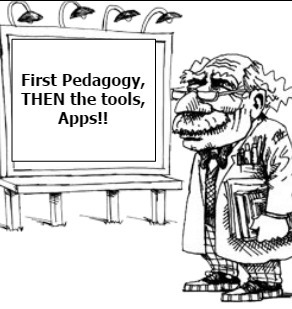
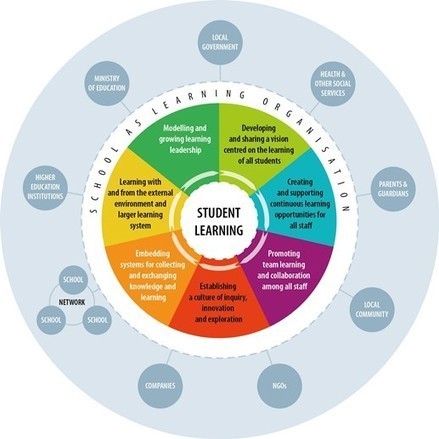



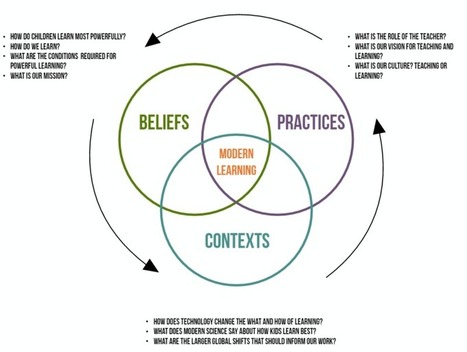

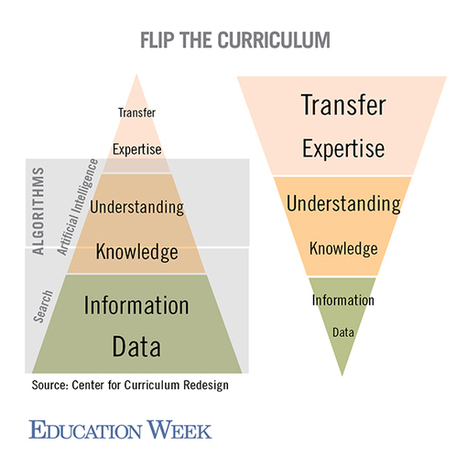

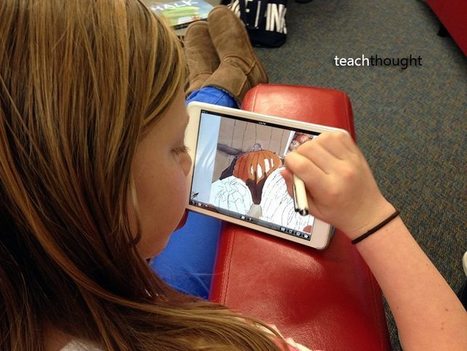








Metacognition, a term that was first defined by John H. Flavell in 1979, is basically thinking about thinking. With metacognition, we become aware of our own learning experiences and the activities we involve ourselves in our paths toward personal and professional growth. We are better able to understand ourselves in the whole process of learning and can develop skills to think about, connect with, and evaluate our learning and interactions each day. But how and why is metacognition important in education?
It has been identified as an essential skill for learner success. Therefore, do we need to design specific lessons focused on metacognition for use in our classrooms each day? And if so, how can we make this happen?
Learn more / En savoir plus / Mehr erfahren:
https://www.scoop.it/t/21st-century-learning-and-teaching/?&tag=Metacognition
Cricket is life…Life is cricket : If you are living in a country called India, I am sure you could relate to any of the two emotional phrases in the title.
https://happyrealization.com/cricket-is-life-life-is-cricket/